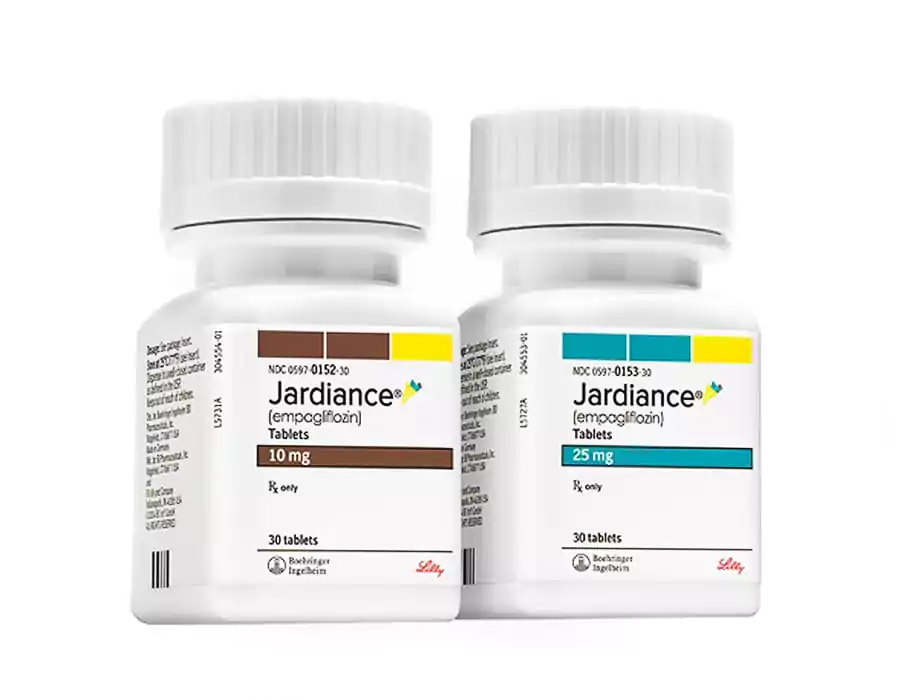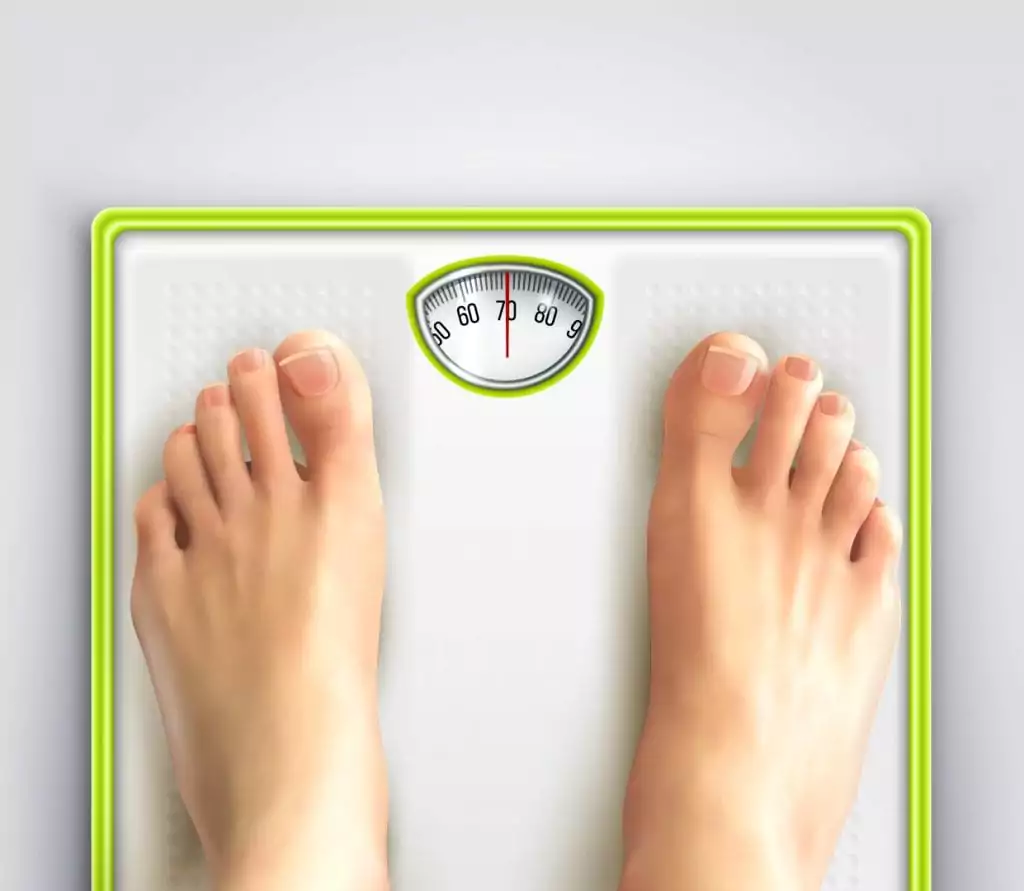
UP TO 40% OFF SITEWIDE






Can Jardiance Cause DKA(Diabetic Ketoacidosis) As A Side Effect?


Jardiance and DKA (Diabetic Ketoacidosis)
Today I am presenting a unique case of DKA(which is an acidotic potentially lethal complication of diabetes) associated with Jardiance ( an SGLT-2 inhibitor ) use that was complicated by diabetic ketoacidosis induced by a ketogenic diet and unmasking underlying type 1 diabetes in a patient previously mistakenly diagnosed treated as having type 2 diabetes.
Questions we will rise today
Can the ketogenic diet increase the likelihood of DKA in patients treated with SGLT2 inhibitors( Jardiance, Farxiga, Invokana, Steglatro)? Is the ketogenic diet safe in patients with type 1 or type 1.5 diabetes that can be misdiagnosed as type 2 diabetes?
Our case:
A 70-year-old Caucasian woman with a medical history significant for type 2 diabetes and hypothyroidism presented to the emergency department (ED) with shortness of breath and dizziness for 4 days, associated with one episode of nausea and vomiting.
On presentation, she had normal vital signs except for elevated heart rate. The remainder of her exam was unremarkable. Six months before her presentation, the patient relocated to her current town. Before that time, her diabetes was comanaged by different primary care providers.
Oral agents had not adequately controlled her blood glucose, and she had been transitioned to insulin. On initial evaluation, her diabetes was inadequately controlled with an A1C of 8.7% with long-acting insulin glargine 10 units daily and correctional regular insulin on a sliding scale. During her follow-up visits, she reported frequent episodes of early-morning hypoglycemia.
As a result, metformin was added to her regimen, and sliding-scale insulin was discontinued. One month before her admission, her A1C had increased to 8.9%. At that time, jardiance was added to her regimen, while her insulin and metformin doses remained the same.
Along the same timeline, she also started following a strict ketogenic diet, with meals consisting mainly of protein, fat, and an occasional salad. Because her blood glucose was not elevated, the ketosis was initially thought to be caused solely by the ketogenic diet.
However, consideration was given to the known potential involvement of jardiance. She was treated with a modified version of the DKA protocol. Because of the associated risks of DKA in patients with type 1 diabetes treated with SGLT2 inhibitors, it was suspected that the patient may in fact have type 1 diabetes.
A GAD antibody test was sent, which came back positive, thus confirming the diagnosis of type 1 diabetes. She was eventually discharged home with basal-bolus insulin therapy and was instructed to discontinue jardiance and metformin. Our patient’s DKA took 36 hours to resolve, which is a stark increase from the previously reported median time to a resolution of 11 hours.
Here are Other Side effects of Jardiance:
Genitourinary: Urinary tract infection which can happen up to 20% of patients taking Jardiance Endocrine & metabolic: Dyslipidemia( high LDL), by increasing LDL around 4%, increased thirst is another common side effect of jardiance. Gastrointestinal: Nausea happens occasionally.
Genitourinary: Increased urine output is one of the main side effects of jardiance in addition to urinary jardiance side effects. Occasional sepsis has been reported. Hematologic & oncologic: Increased hematocrit levels due to hemoconcentration Infection: Genitourinary fungal infection especially in women which presents with itchiness or white discharge.
Cardiovascular: Hypersensitivity angiitis Dermatologic: Rash on the skin and itchiness overall. Hypersensitivity: Angioedema Infection: Necrotizing fasciitis that is a severe infection around the genital area that can be lethal. Renal: Acute kidney injury, increase in creatinine, and lowering of GFR.
Respiratory: Asthma has been reported rarely To conclude, this is a case of DKA associated with jardiance that was initially overlooked as starvation ketoacidosis resulting from the ketogenic diet. Further work revealed patient actually had type 1 diabetes who was being treated with oral agents indicated for type 2 diabetes, all of which may have contributed to and precipitated DKA.
This case highlights the importance of accurately diagnosing diabetes subclasses and emphasizes the need to consider dietary risk factors in addition to medications when managing this subclass of diabetes. So if you are not sure what type of diabetes you have please clarify that with your endocrinologist.
AHMET ERGIN, MD, FACE, CDCES, ECNU ENDOCRINOLOGIST
Written By Dr. Ahmet Ergin
466 total articles
Meet Dr. Ahmet Ergin, a highly skilled and dedicated endocrinologist with a passion for diabetes care. Dr. Ergin earned his medical degree with honors from Marmara University in Istanbul. He completed internal medicine residency and endocrinology fellowship at Cleveland Clinic. Dr. Ergin is board-certified in Internal Medicine, Endocrinology, Diabetes, and Metabolism due to his vast medical expertise. He's a certified diabetes educator, author of “The Ultimate Diabetes Book,” and founder of “the SugarMD YouTube channel.” Dr. Ergin offers exceptional diabetes care to his patients in Port Saint Lucie, FL, helping them manage effectively. For a closer look into his insights and experiences, connect with Dr. Ahmet Ergin on LinkedIn, Instagram, and YouTube.”
Disclaimer: These statements have not been evaluated by the Food and Drug Administration. Information on this website isn't intended to treat, cure or prevent any disease. Discuss with your doctor and do not self-treat.
Products











